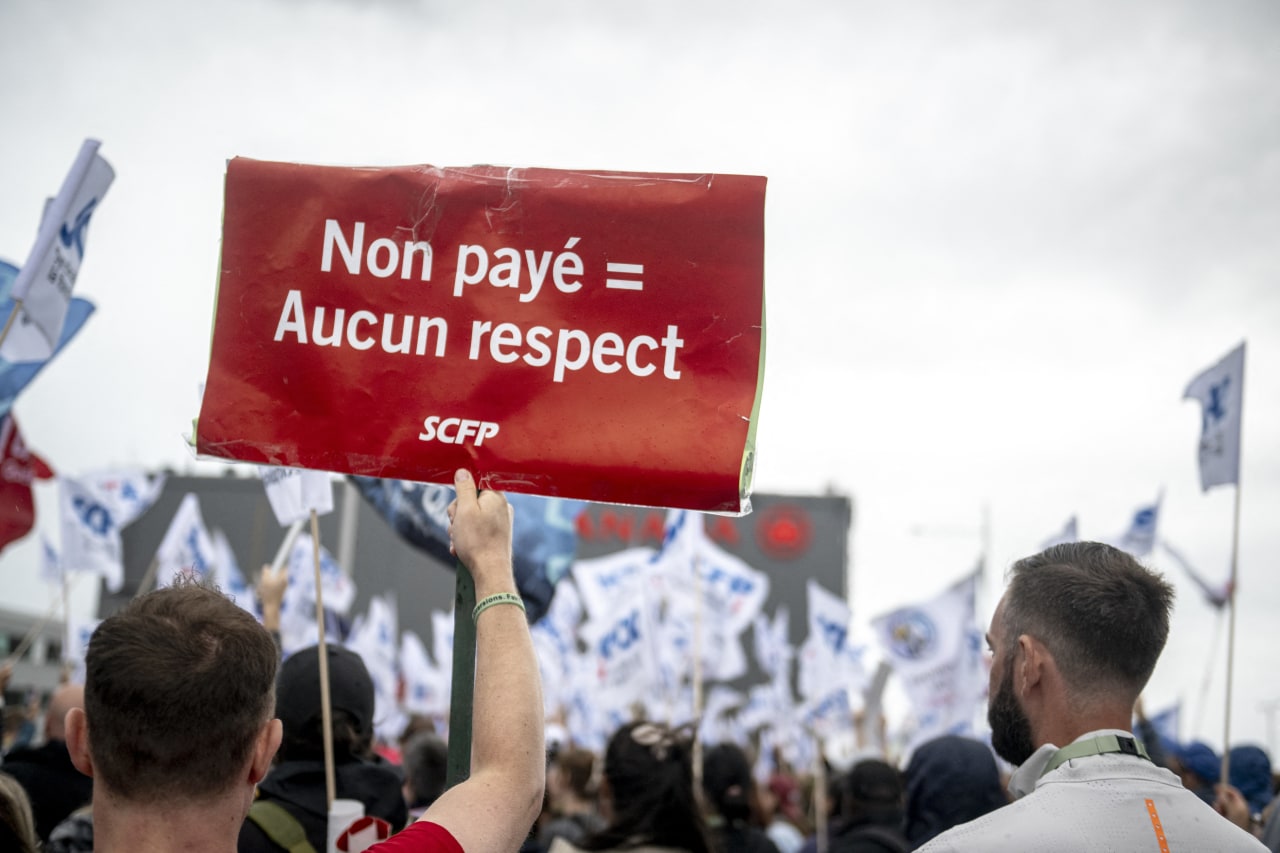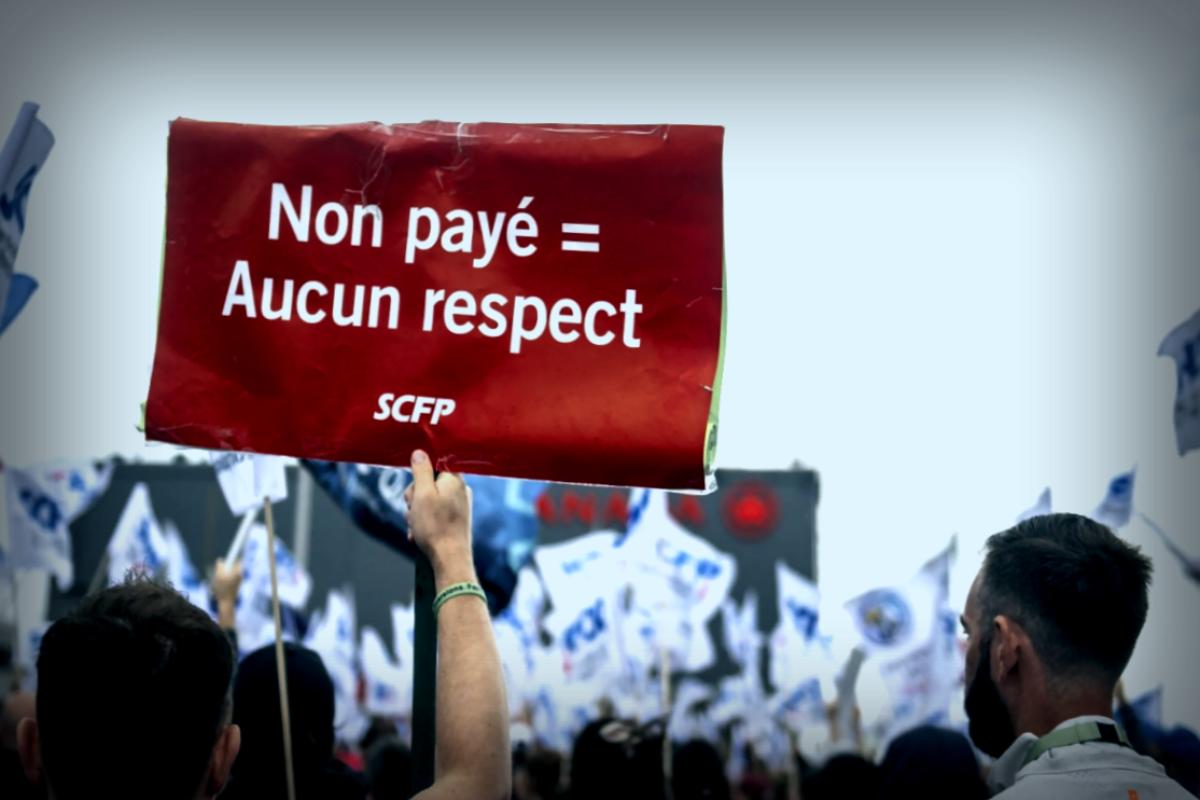
Air Canada is currently in turmoil following the unexpected departure of its flight attendants from their posts over the weekend, adamantly rejecting a government mandate to return to work.
The union, which represents around 10,000 flight attendants at Canada’s largest airline, is taking a stand and plans to ask a judge to challenge a government order from Saturday that enforced mandatory arbitration to settle the ongoing labor conflict. This ultimatum from the government came just hours after members of the Canadian Union of Public Employees started their strike, leading to numerous flight cancellations.
On any given day, Air Canada handles approximately 130,000 passengers and operates nearly 200 flights to various destinations in the United States.
The union made it clear, stating, “we remain on strike,” until their plea is addressed.
Julie Potvin, the vice president of Union Local 4091, which covers around 2,000 flight attendants based in Montreal, voiced that the government’s actions favoring the airline amid this tough negotiation is unacceptable. She emphasized that the flight attendants are committed to standing firm until Air Canada presents a fair agreement.
Potvin expressed empathy for the passengers caught in the middle, declaring, “Our job as Air Canada flight attendants is to express our apologies on behalf of the airline.”
In response, Air Canada claims that the union is giving illegal instructions to ignore the government order. The airline announced it aims to restart its flight operations by Monday evening.
For those travelers impacted by canceled flights, Air Canada is currently working to rebook them with other airlines, and options for refunds and credits are also being provided.
The airline has indicated that it may take between a week to ten days before normal service levels are restored.
A representative for Patty Hajdu, the labor policy minister for Canada, stated that Hajdu is keeping a close watch on developments and directed additional inquiries to the country’s industrial relations board, which is responsible for overseeing the arbitration process.
The labor board had no immediate comments available when approached for additional insights.
Flight attendants demonstrated at Toronto’s Pearson International Airport on Sunday, and their rally cries included, “No flights without our rights.”
At the airport in Montreal, over a hundred supporters showed up for the cause, many brandishing flags, whilst picketers created noise with whistles and cowbells, celebrating every honk of encouragement from passing cars.
Hajdu stated that her choice to impose binding arbitration followed discussions with both the aviation company and the union, and she found the possibility of reaching a quick agreement unlikely.
Negotiations between the airline and the union have dragged on for months, with pay being a major point of contention. Air Canada had previously sought government intervention to mandate arbitration before the strike was called.
This strike poses a significant risk of disrupting travel throughout North America and beyond, especially since Air Canada is part of the extensive Star Alliance network, which includes United Airlines, Lufthansa from Germany, Turkish Airlines, and Singapore Airlines.
Prior to the strike commencing, Air Canada alerted that such labor actions could disrupt supply chains, noting that its freight service operates across 50 countries with key international hubs in cities like London and Frankfurt. Hajdu added that the strike could potentially impact the delivery of pharmaceuticals and life-saving organ transplants.
For further inquiries, feel free to reach out to Paul.Vieira@wsj.com and Allison.Pohle@wsj.com.





















